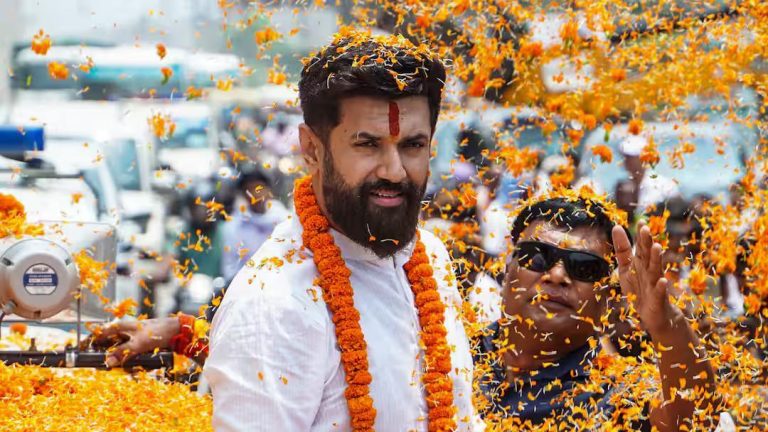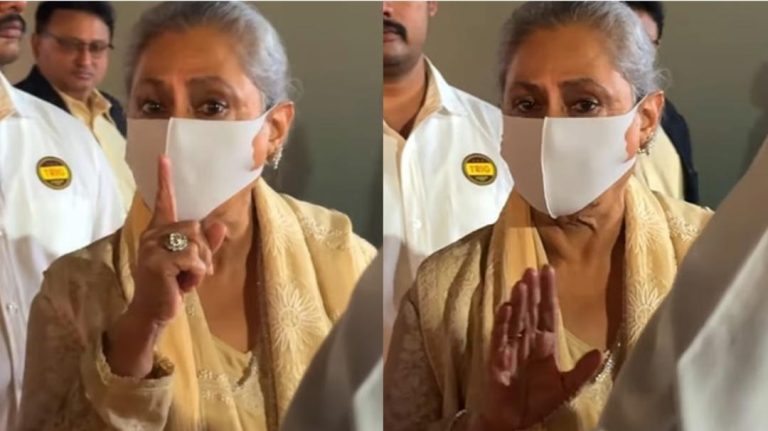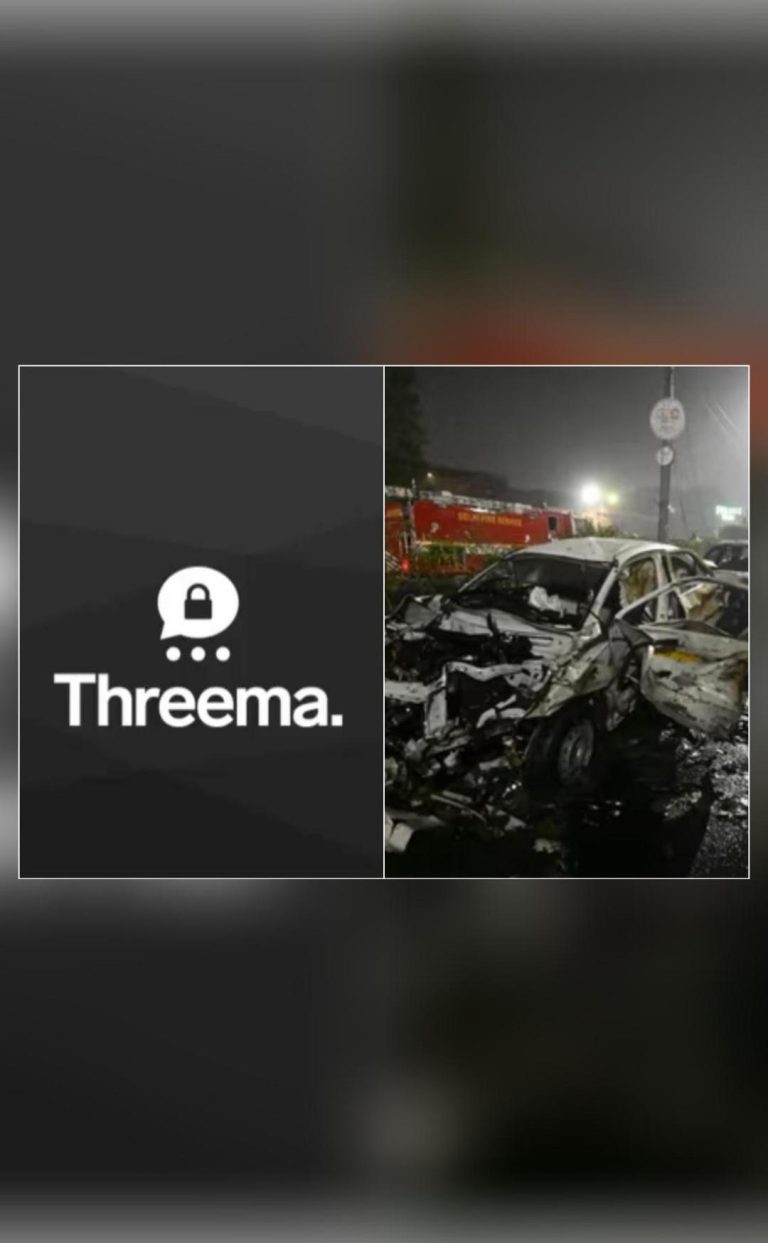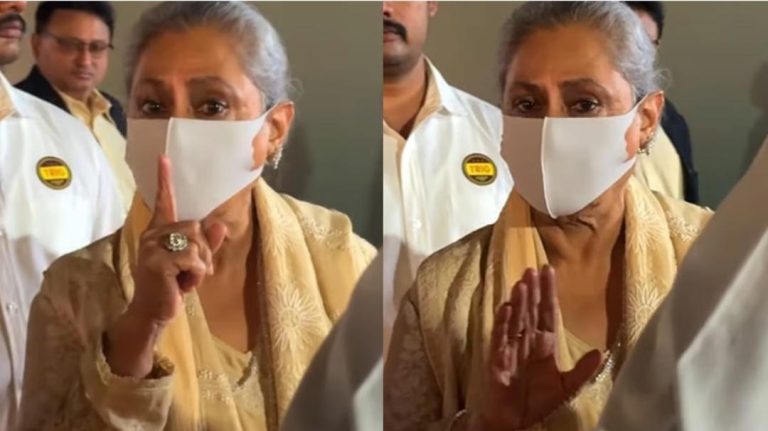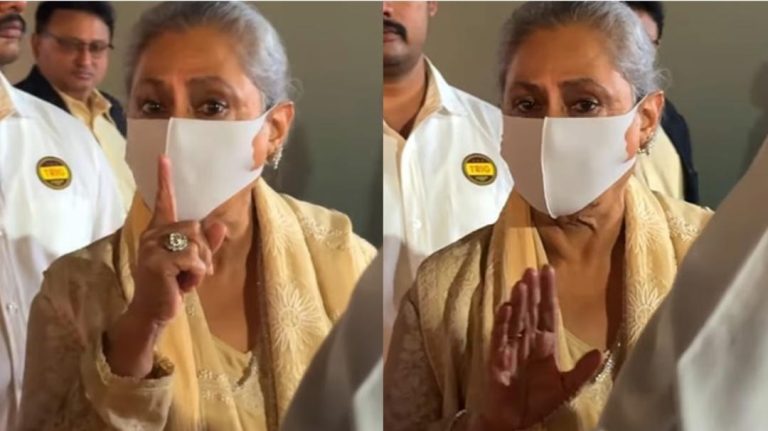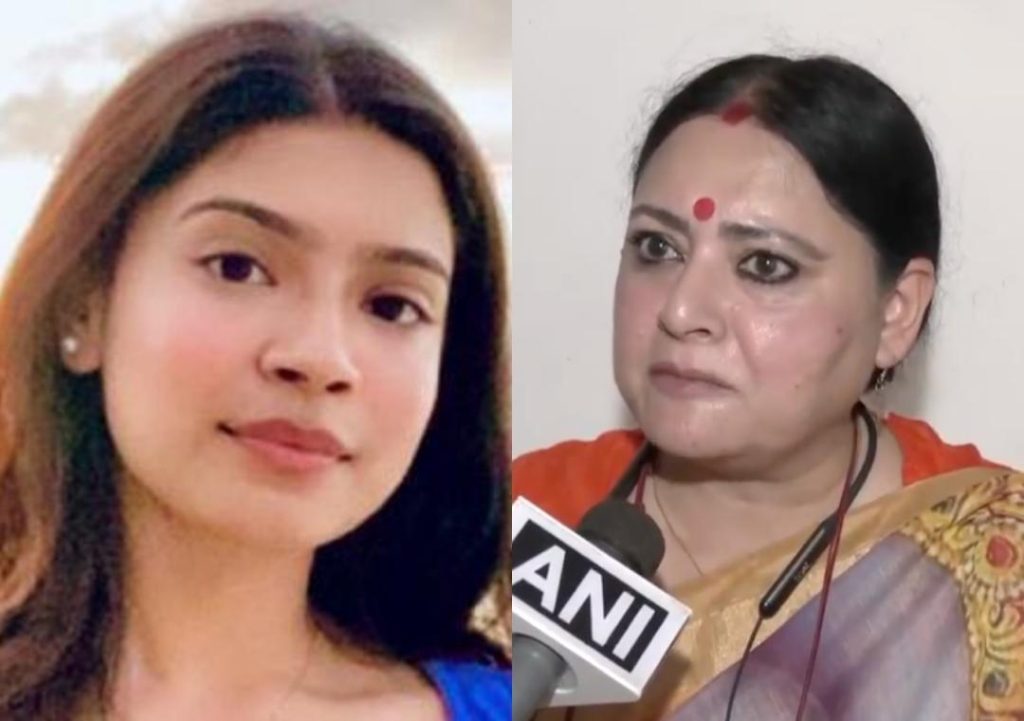
Different Rules for Hindus, Muslims in WB: BJP on Panoli’s Arrest
The arrest of law student Sharmishta Panoli by West Bengal Police has sparked a controversy, with the Bharatiya Janata Party (BJP) claiming that there are two different sets of rules for Hindus and Muslims in the state. Panoli was arrested for her alleged defamatory remarks against Islam in a video, which she later apologized for and even deleted.
BJP leader Agnimitra Paul reacted strongly to the development, saying that there is no constitutional freedom of speech in West Bengal. “There is no constitutional freedom of speech in West Bengal, and there are two different sets of rules for Hindus and Muslims,” Paul said.
Paul’s statement comes at a time when the BJP has been vocal about its criticism of the Mamata Banerjee-led government in West Bengal. The party has accused the government of stifling dissent and suppressing the voices of those who speak against the ruling party.
The arrest of Panoli has been widely condemned by various organizations and political parties, who have called for her immediate release. The Indian Union Muslim League (IUML) has filed a complaint with the police against Panoli, while the BJP has demanded that the government withdraw the case against her.
Panoli’s arrest has also sparked a debate about freedom of speech in the country. Many have argued that Panoli’s remarks were offensive and hurtful, and that she should be held accountable for them. However, others have argued that her arrest is a violation of her fundamental right to freedom of speech.
The controversy surrounding Panoli’s arrest is not the first of its kind in West Bengal. In recent years, there have been several instances of people being arrested or charged with hate speech for making comments that were deemed offensive by certain groups.
In 2019, a BJP leader was arrested for making alleged hate speeches against Muslims in West Bengal. The leader, who was later granted bail, had made comments that were deemed offensive by the Muslim community.
In another instance, a Trinamool Congress (TMC) leader was arrested for making alleged hate speeches against Hindus in West Bengal. The leader, who was also later granted bail, had made comments that were deemed offensive by the Hindu community.
These instances have raised concerns about the lack of consistency in the application of laws in West Bengal. Many have argued that the government is selectively targeting certain individuals or groups for making comments that are deemed offensive, while ignoring similar instances of hate speech made by others.
The controversy surrounding Panoli’s arrest has also raised questions about the role of social media in spreading hate speech. Panoli’s video, which was shared widely on social media, was seen as offensive by many people. However, others have argued that the video was taken out of context and that Panoli was simply expressing her opinion.
In recent years, there have been several instances of social media platforms being used to spread hate speech and misinformation. In 2020, the Supreme Court of India had to intervene to stop the spread of misinformation about the COVID-19 pandemic on social media.
The controversy surrounding Panoli’s arrest is a reminder of the importance of promoting tolerance and understanding in society. It is also a reminder of the need for social media platforms to take responsibility for the content that is shared on them.
In conclusion, the arrest of Sharmishta Panoli by West Bengal Police has sparked a controversy, with the BJP claiming that there are two different sets of rules for Hindus and Muslims in the state. Panoli’s arrest has raised questions about the lack of consistency in the application of laws in West Bengal and the role of social media in spreading hate speech. It is essential that we promote tolerance and understanding in society and hold social media platforms accountable for the content that is shared on them.


